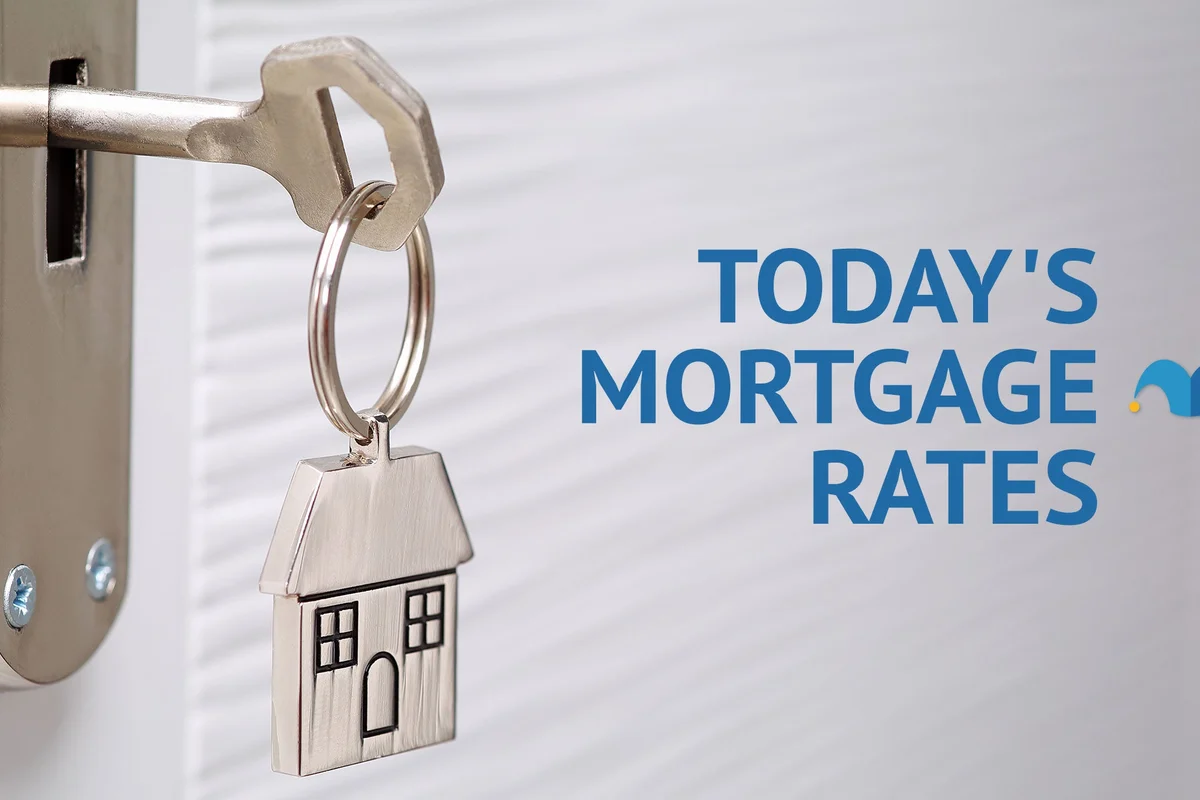
In the quest for homeownership, one of the most significant hurdles to navigate is securing a mortgage with an optimal interest rate. Much like the strategic intricacies that digital marketing guru Neil Patel navigates in the online world, the process of mortgage rate negotiation requires a combination of timing, knowledge, and finesse. This guide is designed to reveal the secrets of mortgage rate negotiation, equipping you with the know-how to secure better rates on your home loan.
Understanding the Mortgage Market Landscape
The first step in successful mortgage rate negotiation is to understand the broader market landscape. Mortgage rates fluctuate based on a variety of economic factors, including inflation, housing demand, and Federal Reserve policies. By staying informed on these dynamics, you can time your mortgage application when rates are historically low.
Perfecting Your Credit Profile
Your credit score is the most critical factor lenders consider when offering you a rate. It’s a reflection of your financial responsibility and a predictor of your ability to repay the loan. Before you approach lenders, make sure your credit report is error-free and your score is as high as possible. Pay down existing debt, avoid new credit inquiries, and consistently pay bills on time to bolster your creditworthiness.
Shopping Around for the Best Rates
Don’t settle for the first rate you’re quoted. Shop around and gather offers from various lenders, including credit unions, banks, and online platforms. Each lender has different criteria and incentives, so casting a wide net increases your chances of securing a more favorable rate.
Large Down Payment – Less Risk, Better Rate
A significant down payment reduces the lender’s risk, often resulting in a lower interest rate. Aim to save a down payment of at least 20% of the home’s purchase price to avoid the extra cost of private mortgage insurance (PMI), which can increase your monthly payment and the overall cost of your loan.
Rate Locks and When to Use Them
Interest rates can change between the time you’re quoted a rate and the closing of your loan. A rate lock guarantees your rate for a set period, protecting you from market fluctuations. The key is to lock in a rate when you believe rates are at their lowest and are likely to rise before you close on your home.
Negotiation Tactics
Believe it or not, mortgage rates are often negotiable. Armed with offers from various lenders, you can leverage these quotes to negotiate a better rate. Highlight your strong financial position, including your credit score, down payment size, and debt-to-income ratio, to persuade lenders to offer you a more attractive rate.
The Power of Points
Points, or prepaid interest, are paid upfront to lower your mortgage rate. Each point typically costs 1% of the loan amount and can reduce your rate by a predetermined amount. Purchasing points can save you money over the life of your loan if you plan on staying in your home for a long time.
Exploring Different Loan Types and Terms
Consider different loan types and terms, as these can influence your rate. For example, adjustable-rate mortgages (ARMs) often start with lower rates than fixed-rate mortgages but can increase over time. If you don’t plan on staying in your home for the long haul, an ARM might offer initial savings.
The Benefit of Pre-approval
Obtaining pre-approval for a mortgage not only strengthens your buying position but also gives you a clearer understanding of the rates for which you qualify. This pre-approval can serve as a benchmark in your rate negotiations.
The Impact of Employment and Income Stability
A stable income and a solid employment history can affect your ability to secure a lower mortgage rate. Lenders favor borrowers who have consistent income streams and job stability, which reduces their risk.
Bringing it All Together: Your Mortgage Rate Strategy
As we consolidate these secrets into a coherent strategy, remember that negotiation is about positioning yourself as an attractive borrower. It’s about having options and leveraging the competitive nature of the lending market to your advantage. Like Neil Patel’s strategic approach to marketing—where thorough research, audience understanding, and clear objectives guide success—your mortgage rate negotiation should be well-informed, targeted, and assertive.
Conclusion: Your Path to Lower Mortgage Rates
Securing a favorable mortgage rate in 2024 is not just about luck; it’s about strategy and preparation. With the right approach, you can negotiate your way to a rate that benefits your long-term financial health. Stay informed, be prepared to shop around, and don’t be afraid to negotiate. The effort you put into securing a lower mortgage rate can pay off significantly over the life of your home loan, making your dream home more affordable than you might have thought possible.



